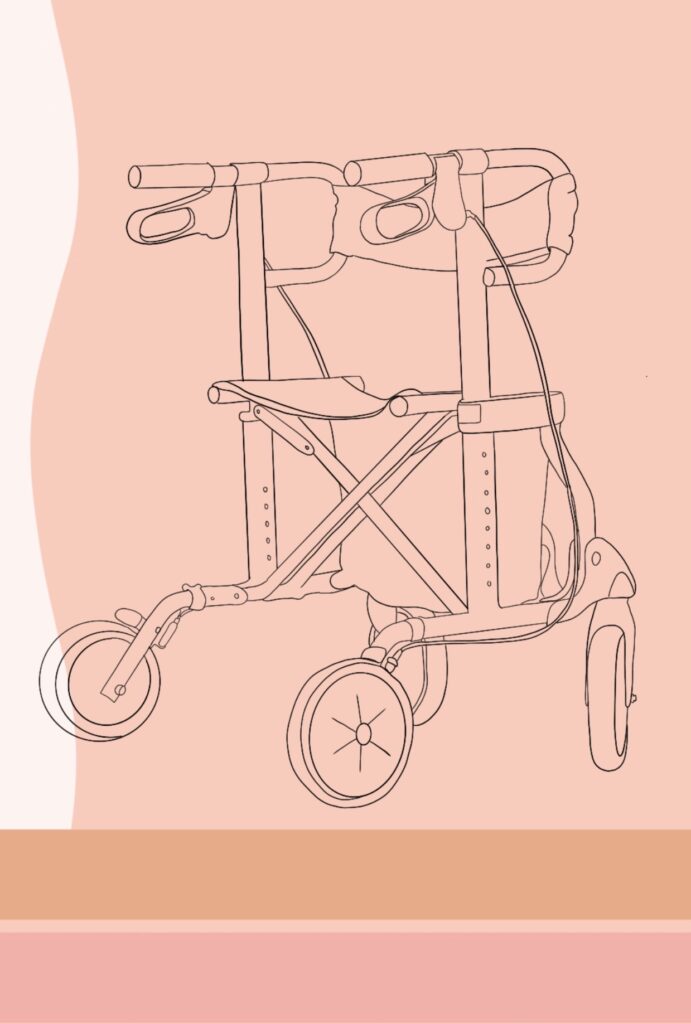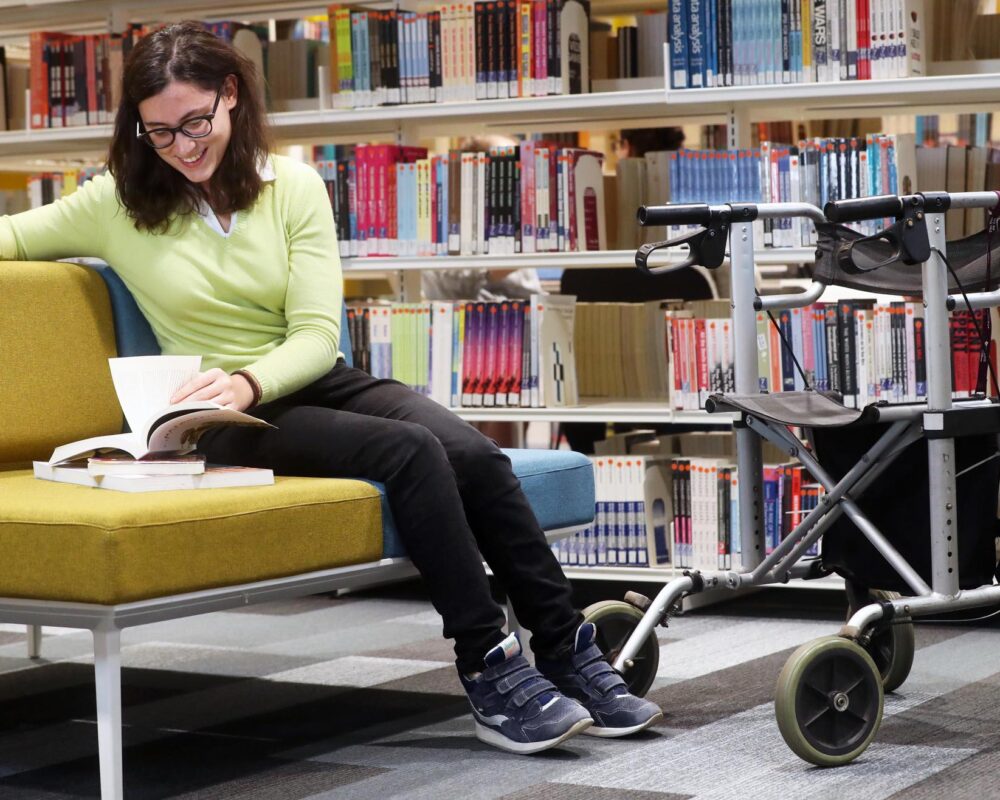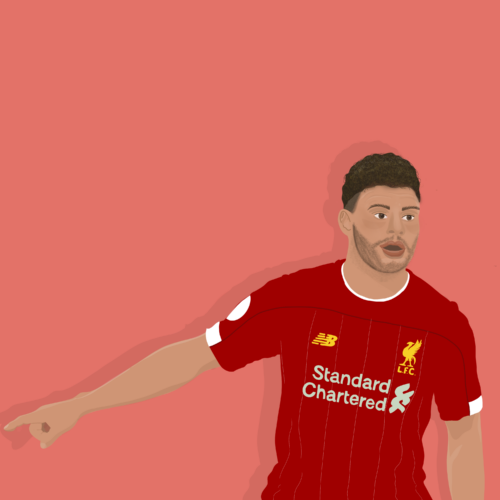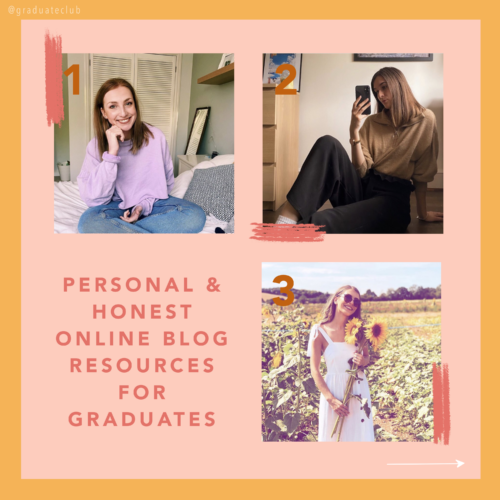
A job hunt can be one of the most stress-inducing experiences and Sofia explains how this is heightened by the struggle of disclosing a disability to potential employers.
Words by Sofia Brizio
I have a congenital disability which affects my ability to walk and do common things without getting extremely tired. I will spare you the usual ‘my disability never stopped me’ narrative, because it’s simply not true. My disability has stopped me from doing many things and achieving many dreams, but not due to my inability to do things, rather due to lack of access. Although my time at university has been everything I could have asked for, things are different once you’re out in the real world.
As I am visibly disabled, during my academic and professional career so far I’ve always had to prove that I am good enough. While that is normal during any process of selection, in my case it consists in proving that I am capable, that I am normal, and that the fact that my legs don’t work doesn’t affect my ability to think and produce valuable work. Believe it or not, the majority of employers I’ve encountered so far seem to think that my wobbly walk and my need for frequent breaks greatly affect my cognitive ability. Then of course, when they talk to me or read my work, they almost always change their mind.
But before getting to talk to an employer in an interview, they look at your CV and cover letter. Here comes the eternal dilemma of whether to disclose your disability and if so, how. During my time at university, I took part in countless internship programmes specifically thought for disabled students, where an advisor would get in touch with a ‘disability friendly’ organisation of interest and then disclose your disability on your behalf so you didn’t have to, although the initial promise of the programme had been to make me more confident in talking about my disability with potential employers. That’s all very nice, and I felt protected until I become a graduate and had to fend for myself. At the end of the programme, another advisor asked me a few questions about the confidence I had gained through work experience, my answers ended up being used in a promotional leaflet and that was it, I was left to myself and sent off into the world of graduate jobs with no other reassurance than a condescending pat on the head.
I just want to be seen for what I can offer and not for the way I walk…
Sofia Brizio
The reality is that there’s no formula for disclosing your disability. I’ve been advised to disclose my disability in a cover letter, but not on my CV, which proved quite difficult as most of my work as a journalist revolves around disability rights. Every time I’ve pointed out the nature of my work and hence the difficulty of not disclosing my disability, I’ve always been met with puzzled looks and generically told that the earlier you disclose it, the better, but this advice has generally come from able-bodied people who will never know what it’s really like, no matter how many relevant qualifications they might have on the subject. I, for one, think it’s absurd that it is considered my responsibility to find the most appropriate way to say I have a disability without making others uncomfortable, or even that, for some reason, in 2020 disabilities still make people uncomfortable. I’ve tried being honest from the beginning, but that meant that many employers whose buildings were not accessible didn’t even bother replying to me. So my strategy has been not to openly disclose my disability unless I’m absolutely sure I won’t be penalised for it, and to only talk about it during the interview or once I get the job.
But I faced so many barriers during the past few years that most of the time I don’t even bother applying for jobs. The truth is I feel lost and alone. I’m tired of struggling and scared I will never find a job. Of course there are laws that are supposed to protect disabled people in the workplace, but what’s the point of these laws in a society where I constantly have to prove my worth by working twice as hard as everybody else? What’s the point if in 2020 I’m still not allowed to be proud to call myself disabled and celebrate the skills I can offer as a result? This has the potential to change with the amount of remote jobs the current pandemic is bringing: I’m volunteering as a translator for a charity and for the first time in my life I haven’t disclosed my disability. I don’t recommend doing that, especially if your job is permanent, but this goes to show how many opportunities the future can bring. In a context where 77% of UK graduates choose not to or are advised against disclosing their disability for fear of discrimination, we need to do more. Universities especially need to do more. I just want to be seen for what I can offer and not for the way I walk. I don’t think that’s asking for too much.





Leave a Comment